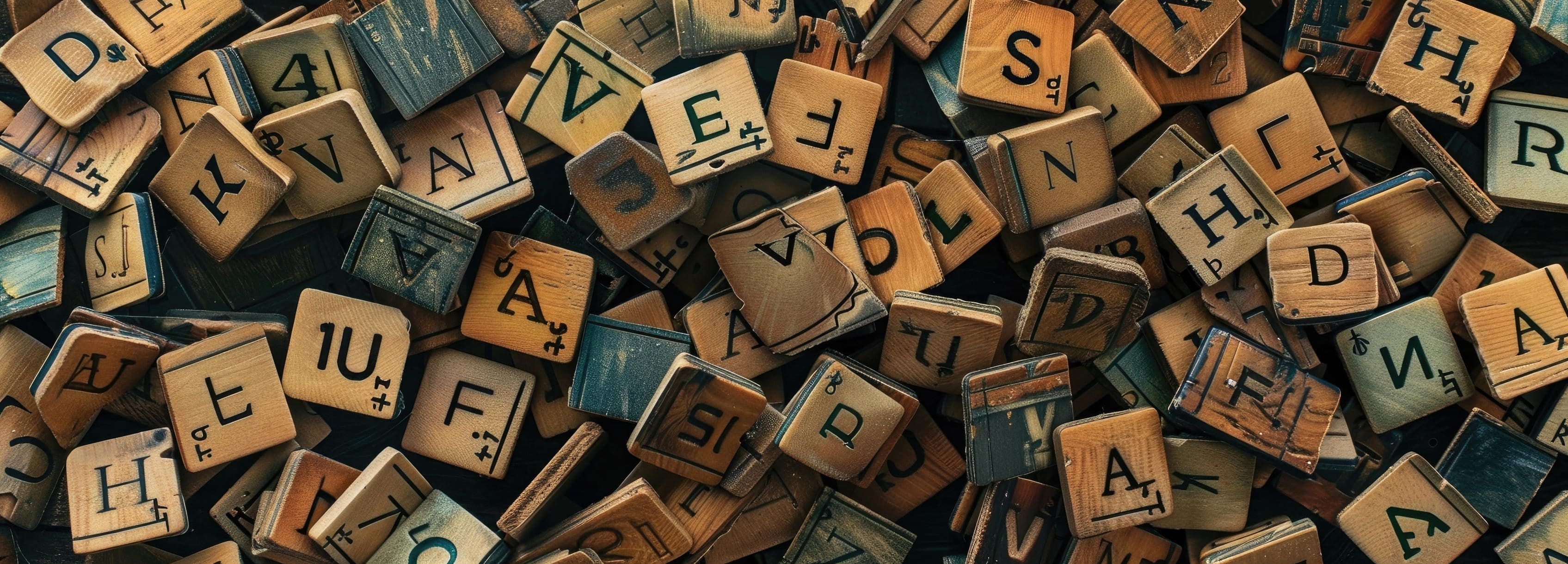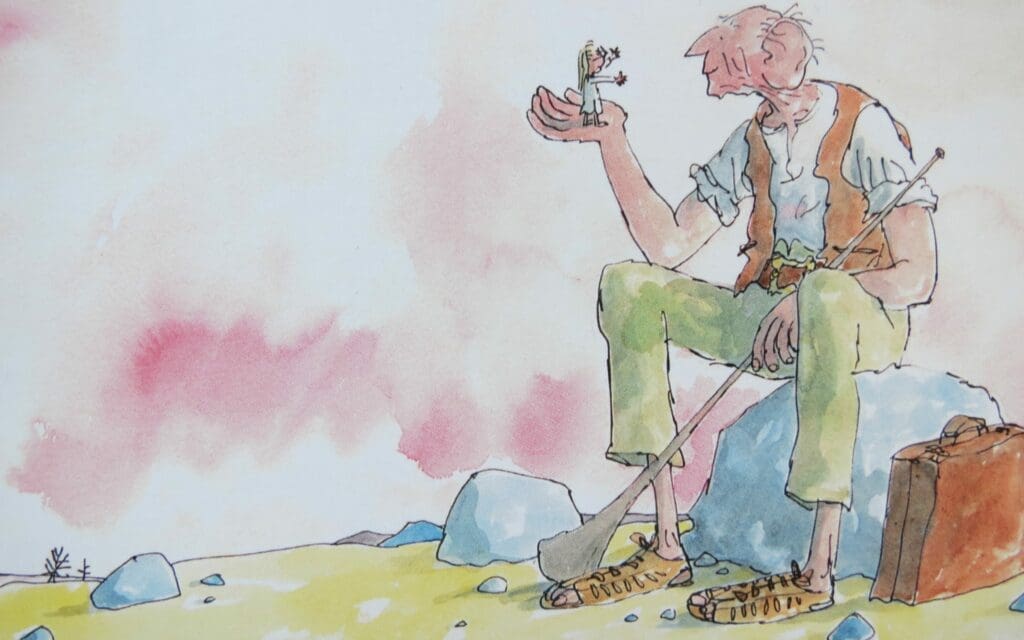
Play with Words:
Playing with words is a very good idea; It helps to maintain our brain capacity. Concentrating on a word game allows us to stimulate our logical thinking. When we focus our attention on a crossword, it requires quite a lot of mental energy.
After finishing a crossword, we often end up with our brain completely tired. The same can happen when we play music, create art, or engage in a craft. These activities can produce a state of deep concentration, sometimes called “Flow”, where we forget everything else and do not even realise that time is flying.
A few years ago, engineers explained that devices like FM radios, TVs, and phones generate constant electromagnetic ‘noise’ that can interfere with main signals. To prevent this, they proposed sending all unnecessary noise towards the Milky Way.
The Milky Way was chosen because it contains a high concentration of asteroids, and it was considered unlikely that humanity would ever explore that specific direction in space. This explanation was given a long time ago, and it is unclear whether the proposal was ever actually implemented.
I use this story as a metaphor for the value of crosswords. We can think of all our ‘negative waves’ or attitudes as a kind of ‘unnecessary signal noise’ that we send into our personal crossword, just as if we were sending it off into the Milky Way.

The French newspaper Libération once referred to its word game page as Rajeux; A playful slang term that literally means ‘jealous’ but is spelled with jeux (‘games’ in English). It can also be interpreted as ‘bad-tempered player’ or ‘sore loser,’ often illustrated with a hungry cat.
If you want to start doing crosswords and you are a beginner, it can be difficult at first. One helpful tip: many crosswords reuse the same words over and over again, so you will gradually build a kind of crossword-specific vocabulary.
This is, in fact, one of the main benefits of doing crosswords; They help to improve vocabulary and spelling. They can also be a pleasant way to spend time with others, even with people we might not otherwise have time to talk to. Completing a crossword together can feel like a small achievement and a shared experience.
Some family games work in a similar way, such as Boggle or Scrabble, where you form words by rearranging letters. These can be enjoyable activities to share with friends and family.
Slang
When you listen to children at school, you can sometimes hear them playing with words; Speaking to each other using slang, or even “Verlan” (A French practice of reversing syllables in words, literally meaning “Speaking Backwards”). This is a very good exercise: it expands vocabulary and encourages creativity by creating new words or even new alphabets, much like learning another language. Similarly, older generations sometimes use “old French” words, expressions, and idioms influenced by their region and culture, even within the same country.
History and Meaning
If we look at the historical evolution of language, we see that it has changed greatly over the centuries. In the Middle Ages, most written works in Europe were produced by monks in monasteries. Monks were among the only people who could write, along with members of royal dynasties, because they were the only ones educated in each country.
Monks existed across Europe, with variations depending on each country’s culture and influences. Language evolved; And continues to evolve; Through these cultural exchanges, shaped by roots in Latin, Slavic, Hungarian, and many other origins. Studying the evolution of languages also helps us understand how culture has influenced history across Europe.
In France, after the Middle Ages, a movement called “Les Lumières“ (Literally in English: “The Lights“) emerged. Writers and philosophers of this period often wrote in old French. One of the first authors to create an encyclopaedia in France was Denis Diderot, a major figure of the Enlightenment.

Cultures, depending on the country or region, can be very different. Sometimes we use expressions or idioms that appear to have similar spelling, but as Roald Dahl mentioned in his book The BFG, “The same word can have a completely different meaning depending on the language in which it is spoken.”
Even if a word is spelt the same, we should be very careful, because its meaning can be completely different.
When we play with words, one of the oldest forms is poetry; It is, in fact, a purpose-built kind of “Word Play.” Poetry has existed for centuries and comes with many rules that cannot simply be ignored.
Poetry can be compared to sports or music; It has rules we must follow, and it requires technique that can be learned over time. Writing while respecting rules and restrictions, yet also keeping rhythm and rhyme, can produce very beautiful texts. In fact, song lyrics most likely originated from poetry.

“Street culture” and “Conscious Rap”:
Culture evolves differently in each country, and at some point, movements such as “Counter culture” emerged from the streets. According to Wikipedia, “A Countercultural movement expresses the ethos and aspirations of a specific population during a well-defined era.” Examples include hip-hop, rap, or rock genres such as punk and punk rock. Rap later developed branches such as Slam or Conscious rap (Rap Conscient in French).
Slam is known for placing greater emphasis on the text and lyrics; Almost a complete dedication to the words; As a kind of return to poetry. Artists recite their texts without any music in the background.
Here are some artists from the rap culture who have embraced slam and conscious rap:
Abd Al Malik – Cesaire
Axiom – Lille Ma Medina
Hocus Pocus x Oxmo Puccino – Equilibre
Comments are closed